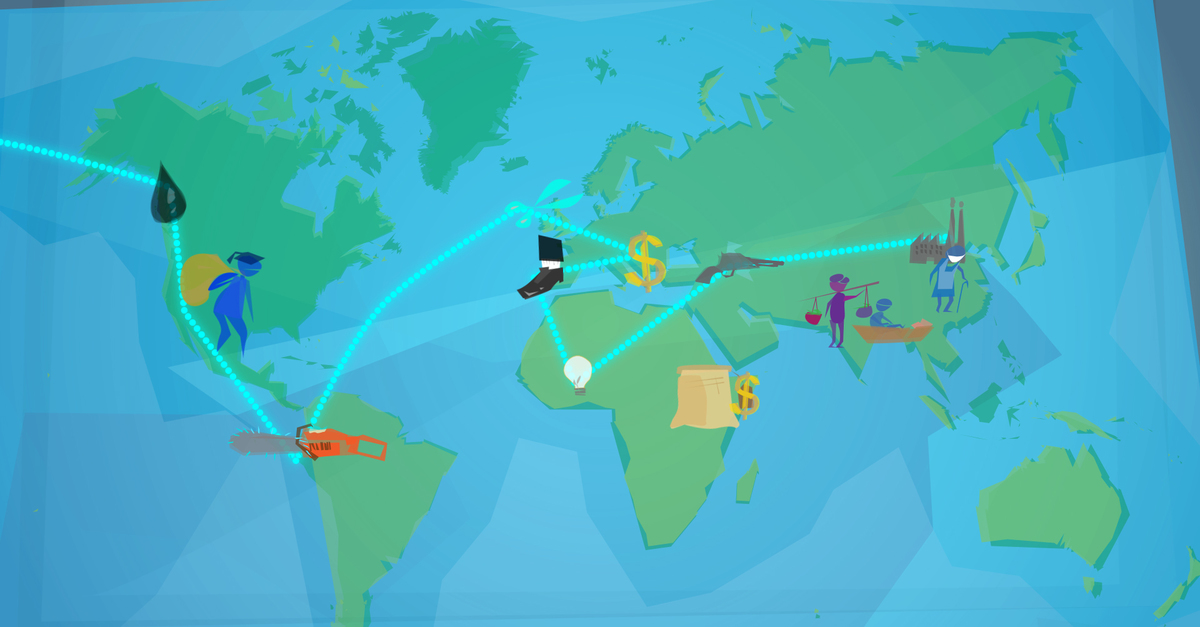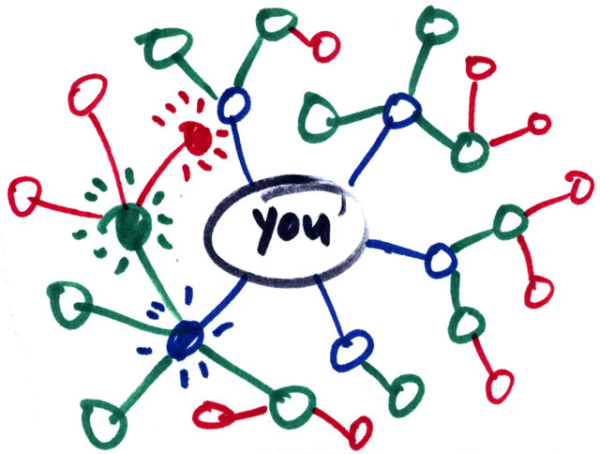For those who witnessed the collapse of Argentina in 2001 with millions of citizens taking to the streets to reject neoliberal policies, the recent presidential victory of right wing business tycoon Mauricio Macri may seem incomprehensible.
And he has not disappointed. In his first two months in power over 27,000 civil servants have been fired, duties on mining exports removed, state subsidies on essential services lifted, negotiations with ‘vulture funds’ on billion dollar debt repayment resumed and all this justified by a complicit corporate controlled media. In anticipation of the dissent that will follow, special power has been given to police to repress demonstrations after a ten minute warning.
Simultaneously in Venezuela, Chavez’s successor Nicolas Maduro is facing the first ever opposition controlled parliament in over a decade, in Brazil, President Dilma Rousseff is struggling against a parliamentary impeachment process while in Ecuador indigenous and workers movements have staged mass protests against President Correa.
What is happening to the continent that once captured the imagination of citizen’s movements globally, ousting neoliberal governments en masse and embodying the potential and hope of the World Social Forum’s slogan “Another World is Possible”?
Resurgent beginnings
In 2005 newly elected leftist governments in Argentina, Bolivia, Brazil, Uruguay, Ecuador and Venezuela spectacularly rejected George W. Bush’s imperial world view and, in particular, his Free Trade Agreement of the Americas (FTAA). This was an unprecedented, head-on challenge to US government intervention in the region. These governments began to strengthen regional cooperation and trade and at the national level, raising duty on primary material exports, re-nationalising key industries, and using these funds to develop social programs which lifted hundreds of thousands of people out of extreme poverty. In Argentina there were major conquests in the area of human rights – marriage equality, transgender rights, pensions for women working at home and the trial and imprisonment for many of those responsible for human rights violations during the 1976-1983 dictatorship.
What they did not do, however, was create major, lasting structural change – i.e. changing the rules that create poverty and inequality in the first place. The nature of the Latin American economy has essentially stayed the same. Since colonial times the continent has been an exporter of primary materials and this remains true today. In fact, during the past decade the production of monocultures for export such as soy has actually increased, creating mass environmental destruction and evictions of small-holder farmers from their lands. There was little investment in diversifying production or in substantial improvements to health and education. Instead, social programs were created to increase consumption, making more families dependent on the financial system.
The critical thing to remember is that the existence of these social programs depended, in turn, on commodity prices. In 2013, the global price of soy reached a high of $600/ton but one year later fell to $350/ton while oil prices toppled from $100 a barrel to between $28-50. As this commodity bubble continues to burst today, many of the ‘achievements’ of the past decade are being eroded by rising inflation, wage stagnation and financial uncertainty, and in the case of Argentina, this has enabled the right wing take centre stage with multi-million dollar media campaigns and the promise of “change.” We now know that what will follow will be more of the same, without the safety net for those living in poverty.
Starting from the bottom
Like all national governments all over the world, even these more progressive South American governments, have for decades remained subservient to the rules of the global capitalist system which requires them to serve first and foremost the special interests of private corporations and international institutions like the World Bank and the IMF (who in turn serve the corporate interests from the Western countries that control these institutions). This system has emptied politics of all moral and ethical sentiment. It has quite simply transformed the meaning of life in to wealth creation and governments everywhere from Argentina to India, from Greece to the United States, have simply become facilitators for increasing GDP.
What then of the social movements across South America that played a key role in developing neoliberal counter narratives and brought these progressive governments to power in the early 2000s? Many have been weakened by internal divisions as they navigated new political and governmental terrain. In Argentina, for example, many social movements chose to work with the government, receiving substantial state funding for social housing and other projects. This in turn lead to a loss of a autonomy and weakened political discourse – as mass deforestation for mono-cultivation of soy and contamination of water sources from oil and mining projects advanced, they remained silent.
But many others have continued to question the state and centralized systems of power and, thanks to the social policies of progressive governments there are more and more young people in particular who have had access to education opportunities and alternative political narratives. A program called “connecting equality” in Argentina distributed over four million laptops to secondary schools while a Digital Inclusion program enabled access to internet across the Brazils´ favelas (not that hardware or technology are silver bullets). Today information flows through thousands of Facebook and WhatsApp groups enabling dialogue and challenging the main stream media and official government narrative.
For over three decades power has been centralized in a global financial system and logic of economic growth that is leading us towards certain collapse and planetary destruction. Recent experiences in South America have proven that even so-called socialist governments are unable to escape from the straightjacket of neoliberal logic.
For the Zapatistas it has always been clear: “We think, fundamentally, that the future story of Latin America, not only of Mexico but for all of Latin America, will be constructed from the bottom - that the rest of what's happening, in any case, are steps.”
Connecting the dots
Each and every day behind the façade of corporate media and politicians, people are taking steps. Social movements in South America from Indigenous communities who have recovered land to worker controlled factories to cooperatively owned business of all types are starting to see that that change does not come through the ballot box; rather, it lies in reclaiming and redistributing power. Fuelled by a decade of social progress and strengthened political conscience, the steps of an emerging Latin American body politic are firmer, clearer and more dignified.
Historian Tony Judt described the time from 1989 onwards as being “consumed by locusts” and stated that “The thrall in which an ideology holds a people is best measured by their collective inability to imagine alternatives.” The past decade of ‘progressive’ governments with continued poverty and inequality in South America has actually helped cultivate a rising movement, showing us where the locusts are being bred, freeing our imaginations and helping us connect the dots between the global neoliberal system. Both existing and emerging social movements will continue to inspire, teach and increasingly walk together to challenge the mantra of economic growth, globalized trade terror and amputation of natural resources. The limitations of the Pink Tide and the increasing callousness of the global power elites are fanning the flames of imagination and giving birth to visions of a post-capitalist horizon.
3 WAYS TO SHOW YOUR SUPPORT
- Log in to post comments

















